Trying something new. Needs a little work. That’s what practice is for, right?
We Are All Lizzy
2

Trying something new. Needs a little work. That’s what practice is for, right?
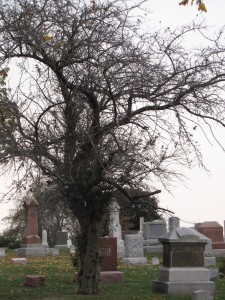
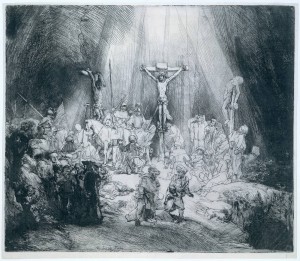
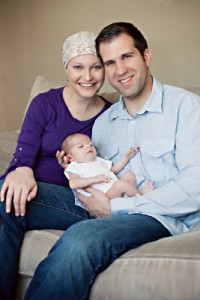
God’s purposes are not for me to understand His plans: His plan is for me to understand Who He is…Faith is this unwavering trust in the heart of God in the hurt of here.” ~ Ann Voskamp
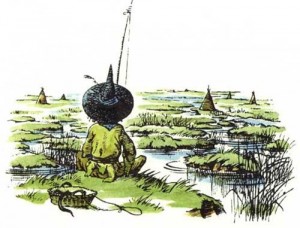
“Once and for all, I adjure you to set me free. By all fears and all loves, by the bright skies of Overland, by the great Lion, by Aslan himself, I charge you –”
“Oh!” said the three travelers as though they had been hurt. “It’s the sign,” said Puddleglum. “It was the words of the sign,” said Scrubb more cautiously. “Oh, what are we to do?” said Jill.
It was a dreadful question. What had been the use of promising one another that they would not on any account set the Knight free, if they were now to do so the first time he happened to call upon a name they really cared about? On the other hand, what had been the use of learning the signs if they weren’t going to obey them? Yet could Aslan have really meant them to unbind anyone – even a lunatic – who asked it in his name? … They had muffed three already; they daren’t muff the fourth.
“Oh, if only we knew!” said Jill. “I think we do know,” said Puddleglum. “Do you mean you think everything will come right if we do untie him?” said Scrubb.
“I don’t know about that,” said Puddleglum. “You see, Aslan didn’t tell (Jill) what would happen. He only told her what to do. That fellow will be the death of us once he’s up, I shouldn’t wonder. But that doesn’t let us off following the sign.”
Sketch is Rembrandt’s The Three Crosses
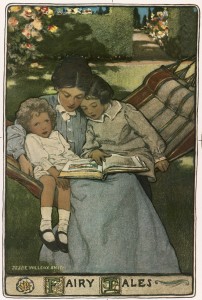
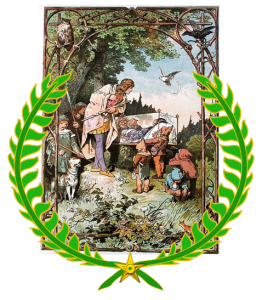
All the dizzy and colossal things conceded depend on one small thing withheld. All the wild and whirling things that are let loose depend upon one thing that is forbidden. ~ Chesterton
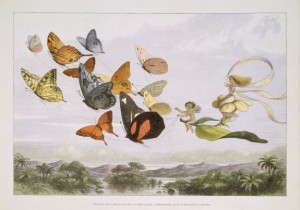
No restriction on sex seemed so odd and unexpected as sex itself…keeping to one woman is a small price for so much as seeing one woman…It showed, not an exaggerated sensibility to sex, but a curious insensibility to it. A man is a fool who complains that he cannot enter Eden by five gates at once. ~ Chesterton
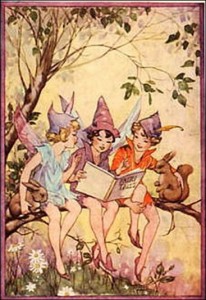
Art credits: Fairy Tales by Jessie Willcox Smith; Fairy Tale Barnstar by Arman Musikyan; In Fairyland by Richard Doyle; A Fairy Tale by Dorothy M. Wheeler; The Fairy Tale by Walther Firle
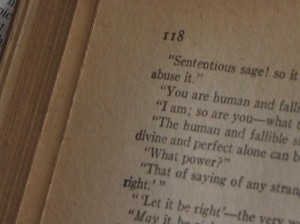
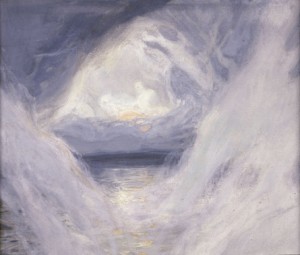
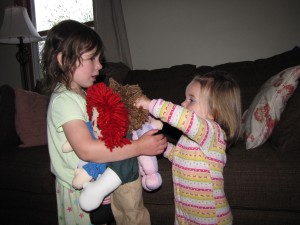
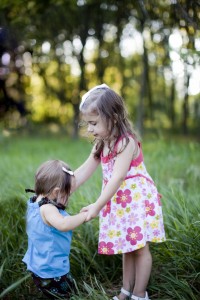
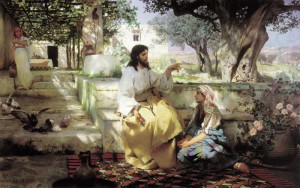
These are a shadow of the things to come, but the substance belongs to Christ.
For Christ has entered, not into holy places made with hands, which are copies of the true things, but into heaven itself, now to appear in the presence of God on our behalf.
“I see,” she said. “This is still Narnia, and more real and more beautiful than the Narnia down below, just as it was more real and more beautiful than the Narnia outside the stable door! I see…world within world, Narnia within Narnia…” “Yes,” said Mr. Tumnus, “like an onion: except that as you continue to go in and in, each circle is larger than the last.” ~ The Last Battle
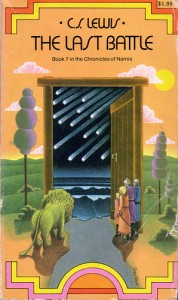
Art credits: The Creation by James Tissot; Christ with Martha and Mary by Henryk Siemiradzki
Which wounds have drawn you into God’s arms? Which arrows have pushed you closer to His heart?
What’s your story?